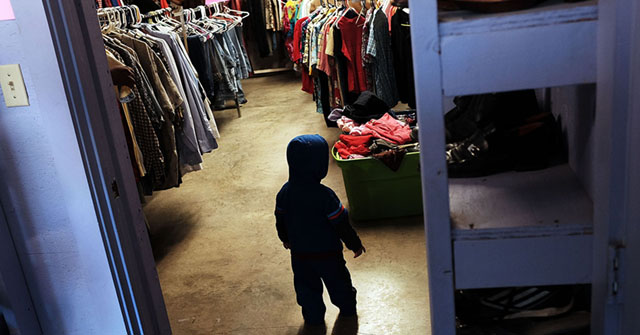Statement on CBO’s Long-Term Fiscal Outlook

NEW YORK — Michael A. Peterson, President and COO of the Peter G. Peterson Foundation, commented today following the release of the Congressional Budget Office’s Long-Term Fiscal Outlook for 2014:
“CBO’s report reaffirms once again that our economy remains jeopardized by the nation’s unsustainable long-term fiscal outlook.
“With federal debt projected to reach more than 180 percent of GDP in 25 years and continuing to rise thereafter, it’s clear that America remains on a dangerous long-term fiscal path. While today’s deficits are lower than they were in the depths of the recession, recent fiscal reforms have not addressed the key drivers of our structural deficits.
“CBO makes clear that, left unaddressed, our unstable fiscal foundation will slow the growth of our economy and depress incomes for Americans. As deficits and interest costs rise, critically important private and public investments will get crowded out, and America’s future economy will be left in a precarious position. A strong fiscal foundation is an essential component of a healthy economy with rising incomes.”
“The good news is there is still time to act. A comprehensive fiscal plan would improve the economy, in both the short and long term. A gradually implemented plan that stabilizes the debt over the long term would provide an immediate boost in confidence and certainty, and would reassure global financial markets that America is finally getting its fiscal house in order. And ensuring we have the resources necessary to invest in our own future will improve our nation’s competitiveness and important global role.
“By building a strong fiscal foundation, we can create the conditions for economic growth and prosperity for the next generation of Americans. Policymakers should take CBO’s warnings seriously — they have a critically important opportunity to put the nation’s economic future ahead of partisanship, and reverse these troubling trends.”
CBO’s 2014 Long-Term Fiscal Outlook detailed the many risks America faces, including:
- The high and rising amount of federal debt would have “significant consequences for both the economy and the federal budget,” noting that “[a]t some point, investors would begin to doubt the government’s willingness or ability to pay its debt obligations, which would require the government to pay much higher interest costs to borrow money. Such a fiscal crisis would present policymakers with extremely difficult choices and would probably have a substantial negative impact on the country.”
- “The large amount of federal borrowing would draw money away from private investment in productive capital in the long term, because the portion of people’s savings used to buy government securities would not be available to finance private investment.”
- “Federal spending on interest payments would rise, thus requiring higher taxes, lower spending for benefits and services, or both to achieve any chosen targets for budget deficits and debt.”
- “The large amount of debt would restrict policymakers’ ability to use tax and spending policies to respond to unexpected challenges, such as economic downturns or financial crises. As a result, those challenges would tend to have larger negative effects on the economy and on people’s well-being than they would otherwise. The large amount of debt could also compromise national security by constraining defense spending in times of international crisis or by limiting the country’s ability to prepare for such a crisis.”
For the full 2014 Congressional Budget Office’s Long-Term Budget Outlook, click here.
Further Reading
Budget Basics: What Is the Child Tax Credit?
The CTC provides assistance to families with children, and while it represents a relatively modest part of overall government spending, it is one of the largest tax expenditures.
Budget Basics: Tax Expenditures
Tax expenditures can come in the form of exclusions, exemptions, deductions, and credits.
What Are the Economic Costs of Child Poverty?
Child poverty is higher in the United States than in other wealthy countries. Studies show that it has quantifiable economic costs.


